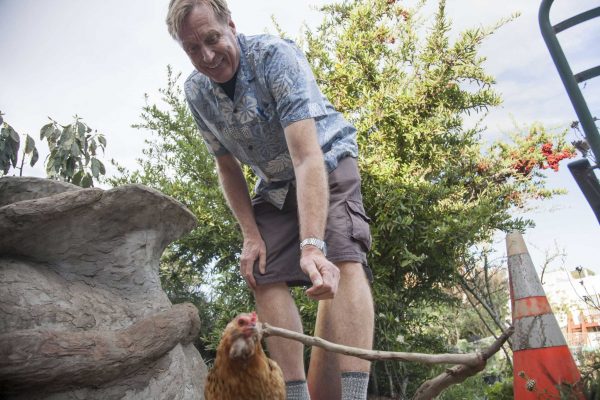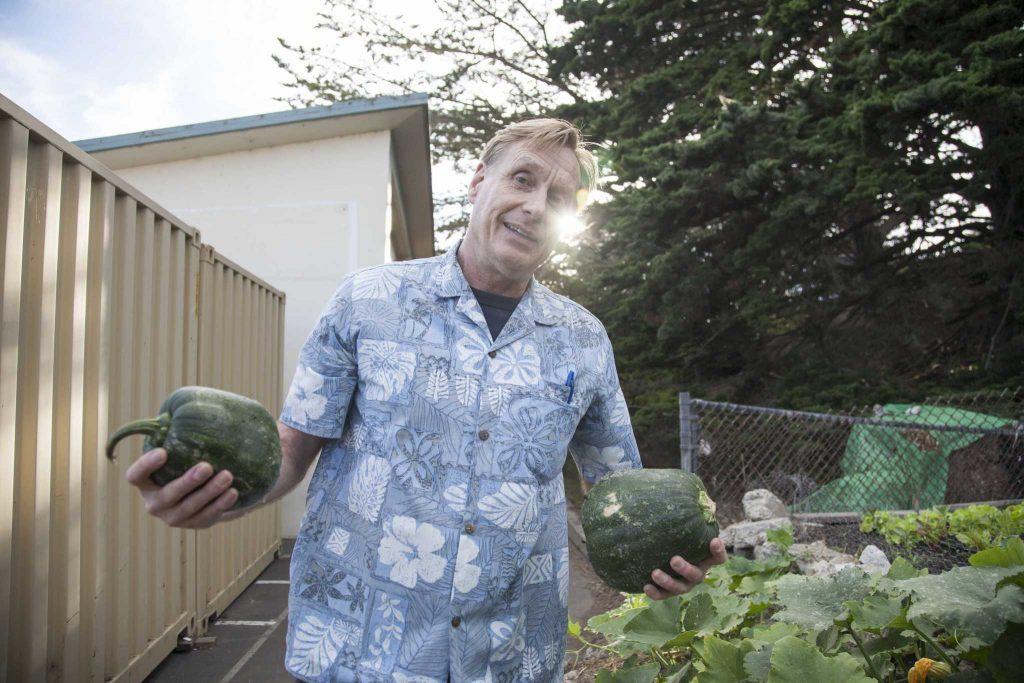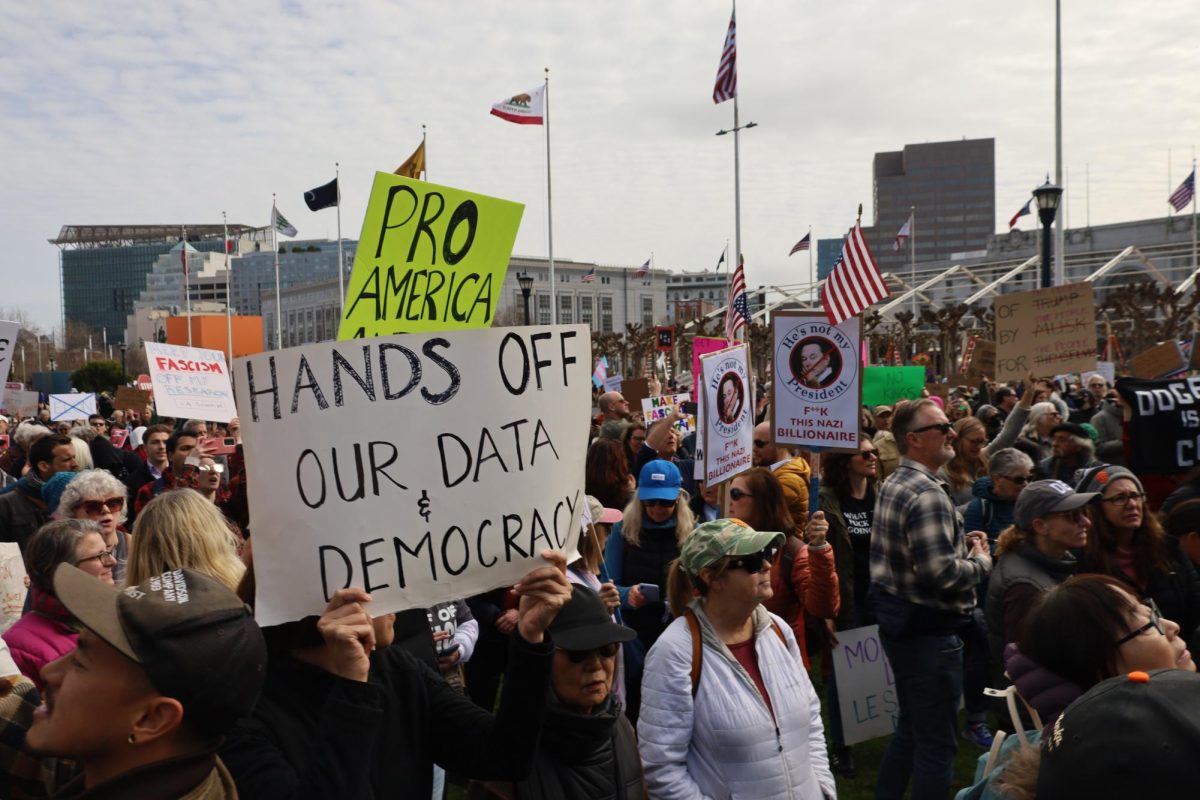Residents of the Ocean View neighborhood are planting the seeds of what could be one of the largest community gardens in the city, without city funding.
Supervisor John Avalos invited residents of the Ocean View, Merced Heights and Ingleside neighborhoods last month to discuss the potential for a community garden at the six-acre open space on Brotherhood Way and Arch Street. When operational, the land will provide food to dozens of families in an area who do not have easy access to fresh produce.
The meeting drew more than 70 people to the IT Bookman Community Center and was intended to gauge the community’s interest in the project, according to Jared Weiner, the community programs manager at the San Francisco Department of Public Works.
“Our goal moving forward is to get a design in place and really organize the neighbors in the community, so that when next year’s grant cycle comes around we have a history of being organized as a group,” Weiner said.

According to Weiner, the SFDPW partnered with the Recreation and Parks Department to act in an advisory role for the project, but the city is not providing any monetary support. He said the next step is to establish a network of dedicated volunteers who can lead the effort.
“Right now it’s very much in the conceptual stages,” Weiner said. “There will be multiple community meetings to flesh out and sculpt what the neighbors want in this community garden.”
Peter Vaernet, who lives a couple blocks from the site, has been a driving force for the project, and has been heavily involved in urban agriculture in the Ocean View area over the past 30 years.
“I feel that we have a lot of energetic and experienced people in this neighborhood, and we don’t have a supermarket,” Vaernet said. “More and more people are moving in, so we need to find a way to produce more food.”
Small corner markets can be found every six to eight blocks around the Ocean View, Merced Heights and Ingleside neighborhoods, but there is not enough space to have more than a few full-sized grocery stores. Projects like Sisterhood Farms are important because not only do they provide food, but they bring people together in a fractured neighborhood, Vaernet said.
“I just think it’s really important for people to socialize around agriculture,” Vaernet said. “It breaks down some of the isolation that exists in the neighborhood. By creating gardens like this, suddenly there is a focal point where they step out and start communicating.”
Juan Santamaria, a latina/latino studies major who lives in the Ocean View neighborhood, envisions a place where members of his community can come together and work toward a common goal.
“I like where I live,” Santamaria said. “To have a chance to work with people that are just as dedicated as I am about providing a space, a symbol and pride for the neighborhood is something I am excited for.”
The next meeting to discuss plans will be held in early November, according to the SFDPW.







